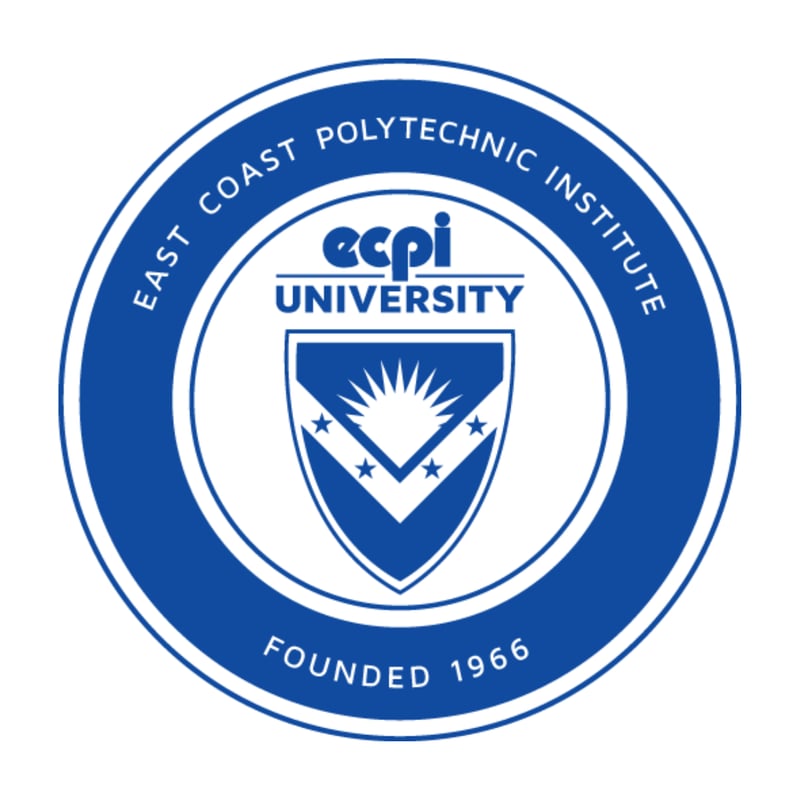
Financial aid (may be available)

No cost info

Financial aid (may be available)

Financial aid (may be available)

Financial aid (may be available)

Financial aid (may be available)

Financial aid (may be available)

No cost info

Financial aid (may be available)

Financial aid (may be available)

Financial aid (may be available)

Financial aid (may be available)

Financial aid (may be available)

Financial aid (may be available)
American Military University (AMU) offers a logistics management certificate at the graduate level. It provides in-depth study of logistics and supply chain management with consideration of global impacts.
AMU’s online logistics certificate emphasizes transportation factors related to logistics, especially the maritime industry. The curriculum covers topics such as:
Transportation policy and planning
Transportation management and economics
Port and terminal operations
This program is an appropriate choice for those who wish to increase their knowledge of logistics and supply chain management without committing to a full degree program.
No cost info
No cost info
The online Logistics and Supply Chain Management Certificate from CCU will help you gain a deeper understanding of the processes and fundamentals within supply chain and inventory management, including purchasing and inbound logistics; material handling in distribution centers; warehousing and warehouse management; financial and inventory controls; transportation and distribution; and reverse and global logistics.
No cost info

$2,730 total

No cost info
No cost info
Learn about the components of supply chains including supply chain networks, supply chain facilities, transportation, and inventory management as well as how emerging technologies affect them with our Supply Chain Fundamentals Certificate. These courses are perfect for learners seeking to enter the supply chain profession, as well as those who are seeking to enter supervisory roles or enter a new domain within the supply chain.
No cost info
This certificate program provides a foundation in supply chain and logistics management from both a U.S. as well as global perspective, preparing participants for professional careers with manufacturers and distributors, transportation carriers, and logistics service providers.
No cost info

Financial aid (may be available)

$2,625 total
Are you interested in a career in logistics? Do you want to find logistics classes near you in Madison? Look no further! In this blog post, we will explore everything you need to know about logistics classes, including what they are, the training requirements, what to look for in a class, what to expect from the day-to-day class, the certification process, how to find a job in logistics, and other classes you can take after becoming a logistics professional. So let's dive in!

Logistics is the backbone of any industry. It involves the planning, implementation, and control of the flow and storage of goods and services from the point of origin to the point of consumption. The logistics industry is a vital part of the global economy, and there is a high demand for skilled professionals in this field.
Logistics is a field that involves the management of the movement and storage of goods and services. It includes activities such as transportation, warehousing, inventory management, packaging, and supply chain management. Logistics professionals ensure that goods are delivered to the right place, at the right time, and in the right condition.
To start a career in logistics, you will need to complete a training program. The requirements for these programs may vary depending on the institution or program you choose. However, most logistics training programs require a high school diploma or equivalent. Some programs may also have additional requirements such as a background check or drug test.
When searching for logistics classes near you in Madison, there are a few things you should consider to ensure you find the best program for your needs. Here are some factors to keep in mind:
Accreditation: Make sure the program you choose is accredited by a recognized accrediting body. This ensures that the program meets certain quality standards.
Curriculum: Look for a program that offers a comprehensive curriculum that covers all aspects of logistics, including transportation, inventory management, and supply chain management.
Hands-on Training: It is important to choose a program that offers hands-on training opportunities. This will allow you to apply the skills and knowledge you have learned in a real-world setting.
Industry Connections: Consider a program that has strong industry connections. This can provide you with networking opportunities and potential job leads.
Logistics classes typically involve a combination of classroom instruction and hands-on training. In the classroom, you will learn about the various aspects of logistics, including transportation systems, supply chain management, and inventory control. You may also learn about relevant laws and regulations, such as transportation regulations and customs procedures.
During hands-on training, you will have the opportunity to apply what you have learned in the classroom. This may involve tasks such as organizing shipments, tracking inventory, and coordinating transportation logistics. You may also have the opportunity to use industry-specific software and equipment.
After completing a logistics training program, you may have the opportunity to obtain a certification. While certification is not always required for employment in the logistics field, it can enhance your job prospects and demonstrate your expertise to potential employers.
The certification process may vary depending on the certifying body. Generally, it involves passing a certification exam that tests your knowledge and skills in logistics. Some certifications may also require a certain amount of work experience in the field.
Once you have completed your logistics training and obtained any necessary certifications, you will be ready to start your career in logistics. Here are some tips to help you find a job in this field:
Networking: Reach out to professionals in the industry, attend industry events, and join professional organizations. Networking can help you uncover job opportunities and connect with potential employers.
Resume and Cover Letter: Tailor your resume and cover letter to highlight your skills and experience in logistics. Be sure to include any relevant certifications or training you have completed.
Interview Preparation: Practice common interview questions and be prepared to discuss your experience and qualifications in logistics. Research the company you are interviewing with and come prepared with questions for the interviewer.
Once you have become a logistics professional, there are several other classes you can take to further enhance your skills and expand your career opportunities. Here are a few classes to consider:
Supply Chain Management: This class focuses on the coordination and management of the entire supply chain, from raw materials to the end consumer. It covers topics such as demand forecasting, production planning, and inventory management.
Warehouse Management: This class focuses on the efficient operation and management of warehouses. It covers topics such as warehouse layout and design, inventory control, and order fulfillment.
Transportation Management: This class focuses on the management of transportation systems and logistics networks. It covers topics such as route optimization, carrier selection, and freight forwarding.
Inventory Control: This class focuses on the management of inventory levels to ensure adequate supply without excess stock. It covers topics such as demand forecasting, order quantity determination, and inventory valuation.
Taking these additional classes can help you specialize in a specific area of logistics and make you more competitive in the job market.
If you are interested in a career in logistics, completing a logistics training program is a great way to get started. By finding logistics classes near you in Madison, you can gain the skills and knowledge you need to succeed in this field. Remember to consider factors such as accreditation, curriculum, hands-on training, and industry connections when choosing a program. After completing your training, obtaining certifications, and finding a job in logistics, you can continue to expand your skills and career opportunities by taking additional classes. Good luck on your journey to a successful career in logistics!
Explore Dreambound's in-depth guides, each shedding light on the unique requirements and challenges in cities across the US. For more insights, be sure to check out our other guides.
Exploring a variety of professional opportunities? Dreambound has many extensive guides to help you make informed decisions. Check out these guides:
Dreambound's platform allows prospective students to find the right educational program for them through searching, filtering, and connecting with our extensive selection of career & technical education partners.
Dreambound has over 70 programs across healthcare, technology, business, and industrial trades. This includes programs such as Medical Billing, Cybersecurity, and welding.
Some of our schools offer financial aid for those who qualify. Many others offer payment plans, where you can pay the cost of class over time.
Yes, Dreambound offers many online programs. On Dreambound's search, you can filter by online, in-person, and hybrid (part online, part in-person).
Dreambound is completely free for you to use! We are supported by schools and organizations who pay to advertise on our website, so we can offer all of our career resources for free.